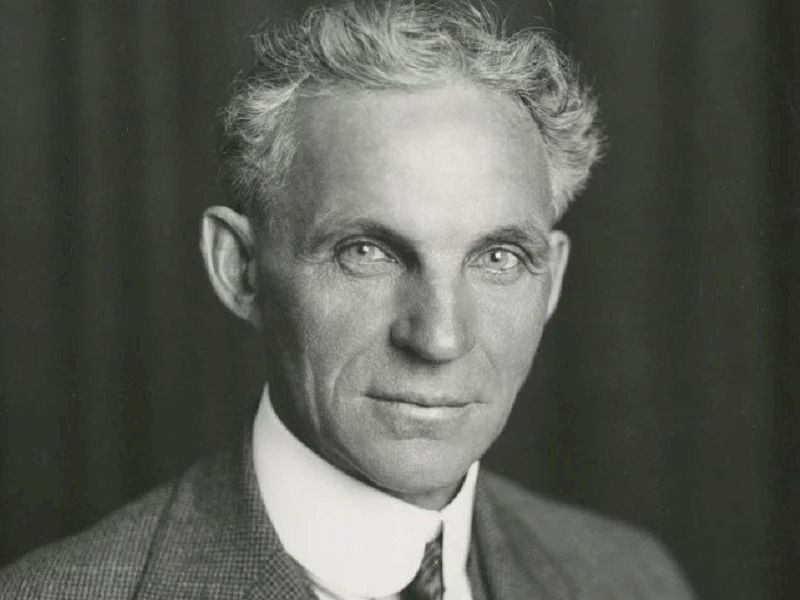He invented the Model T in 1908 and sold millions of automobiles, but his visions for the future did not always come true. Seventy-five years ago, in January 1924, The Bee reported on three of Henry Ford’s dreams.
- Doing away with the necessity for great cities and getting the people – even industrial workers – back to the soil.
- Hastening the arrival of an era when heat, light, and power will be so abundant that it will be wasteful not to use them – this by intensive development of water power.
- Revising our financial system so money won’t have the power to stop things.
“The great cities are doomed,” he said. “A few will stay. They’ll be big distributing and assembling points, not congested centers. The people will go back to the farm and small town. Their work will commute to and from them. They’ll complete their work in their village workshop. Then it will be sent to one of the big assembling and distribution points.
“Not 30 miles from Detroit I’ve established a small shop run by water power in an old mill. Work is sent down there, finished, and brought back here. The workmen will live in semi-rural conditions. They have gardens. They may keep chickens and cows if they wish.
“I spoke of using water power to operate the little experimental plants. Water is the golden fluid of the future. It will give us our light, our heat, our power. We can’t exhaust it, and I will cost little. A river charges nothing for flowing.
“Money is valueless except to move things. You can’t eat money. When you want to use it, you have to go to a money lender to buy it. That’s why I believe in issuing currency backed by public wealth [rather than the supply of gold].”
Did Ford’s dreams come true? The “great cities” continue to grow into the suburbs and water power provides just seven percent of total electricity generation. More work is being done in the villages, but via broadband rather than by moving manufactured goods. And in 1971, 49 years after Ford dreamed of it, President Richard Nixon ended any remaining link between the dollar and gold. That decision remains controversial today.
